The Exacompta Clairefontaine Group is a major European stationery and paper products company formed by the convergence of two historic French companies: Clairefontaine and Exacompta.
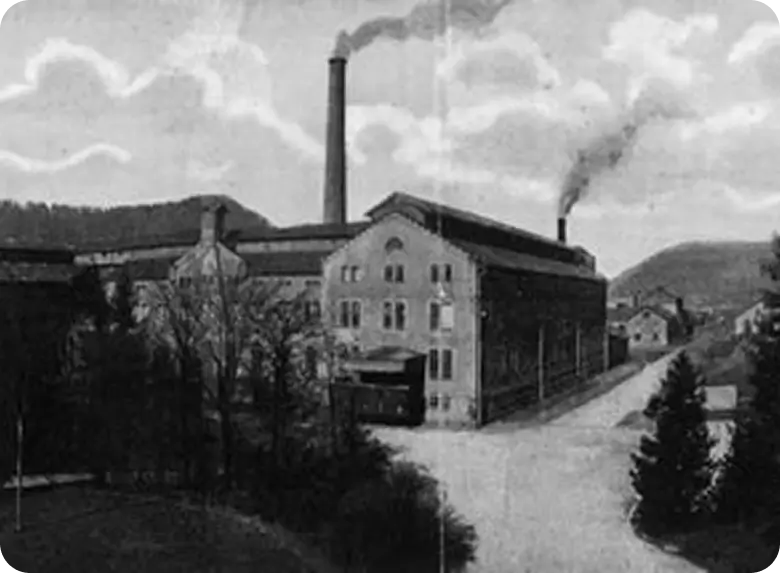

1858
In the mid-19th century, Jean-Baptiste Bichelberger founded the Clairefontaine paper mill in Étival-Clairefontaine, a town in the Vosges region of France known for its paper-making heritage.
Established on the site of a 16th-century paper mill and Cistercian abbey, Clairefontaine began manufacturing envelopes in 1880 and notebooks in 1890.
1928
Charles Nusse (great-grandson of Jean-Baptiste Bichelberger) opened a workshop in Paris to manufacture accounting ledgers and notebooks, notable for their unique paper and impeccable design.
He later broadened the range to add office supplies and established Exacompta, a company known for providing premium organizing solutions for home, office, and schools.

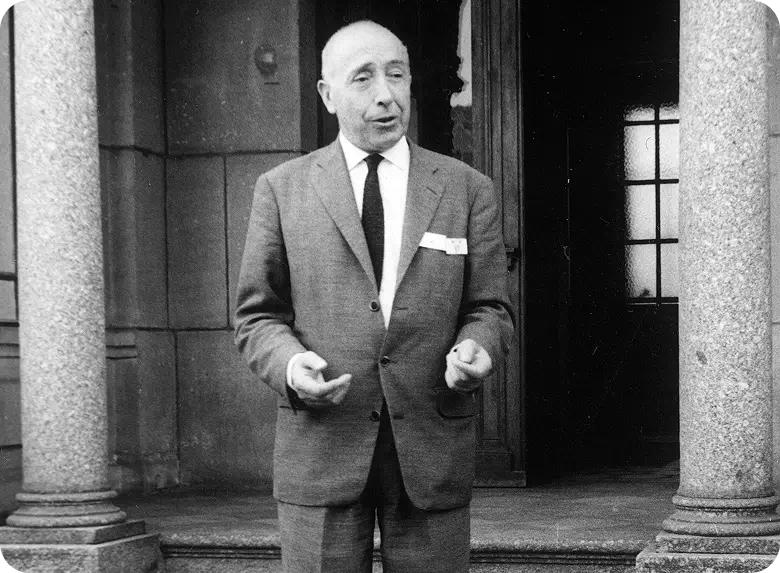


1950
Charles Nusse took over management of the Clairefontaine paper mill, which had been heavily damaged during the liberation of France during WWII.
Under Charles’ leadership, Clairefontaine launched its now famous line of high-quality student notebooks featuring satin-smooth paper (a luxury for the time) and solid, brightly colored covers that stood out against the more typical, low-grade products of the post-war period.
1984
Exaclair, Inc. was established in New York City as the sole U.S. distributor for Exacompta Clairefontaine’s finished products. The company launched by supplying French stationery to a handful of stores on Manhattan’s Upper East Side.
Exaclair quickly expanded its distribution across the United States, serving a wide array of fine stationery, gift, art supply, and office retailers.




1996
Exacompta, Clairefontaine, and AFA (a company established in 1958 that made agendas) were formally brought together under a single holding structure, officially forming the Exacompta Clairefontaine Group.
Exacompta Clairefontaine pursued an active growth strategy to diversify and expand beyond the stationery and office supplies market. A few notable acquisitions include:
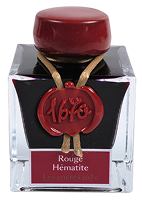
Legendary manufacturer of inks, sealing wax, and other fine writing products since 1670.
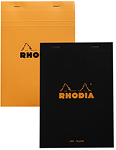
Popular notepads with the iconic orange and black covers.
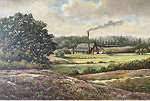
Founded in 1618 in the Netherlands, Schut manufactures paper for the Clairefontaine Fine Arts ranges.

French-made diaries and organizers.
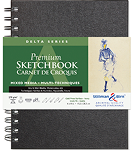
American company that pioneered the black, hardbound sketchbook.

Exceptional, hand-crafted fine-art paints and pastels from Belgium.
Today, Exacompta Clairefontaine is unique in Western Europe because it controls the entire production chain, from paper manufacturing all the way to finished goods.
Over 95% of what the company produces is made in its own plants in the region: notebooks, journals, social stationery, planners, inks, sketchbooks, artist papers, oils, watercolors, and pastels. This comprehensive oversight guarantees consistent, high-quality products for artists, students, and professionals alike.
The company leverages this strength to distribute its extensive portfolio of respected American, French, and other European stationery, office supply, and fine-art materials globally through a robust network of subsidiaries and affiliates in key markets.